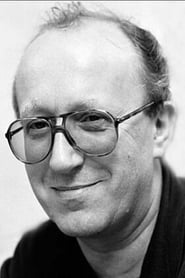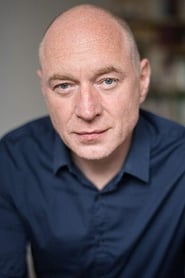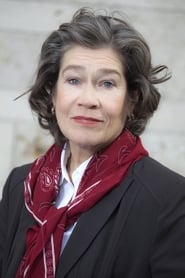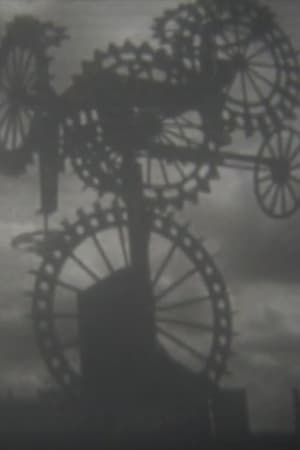

Hölderlin-Comics(1994)
Second part of Hölderlin-trilogy with Udo Samel and Otto Sander in cast.
Movie: Hölderlin-Comics
Top 7 Billed Cast
(archive sound)
(voice)

Hölderlin-Comics
HomePage
Overview
Second part of Hölderlin-trilogy with Udo Samel and Otto Sander in cast.
Release Date
1994-07-15
Average
0
Rating:
0.0 startsTagline
Genres
Languages:
DeutschKeywords
Similar Movies
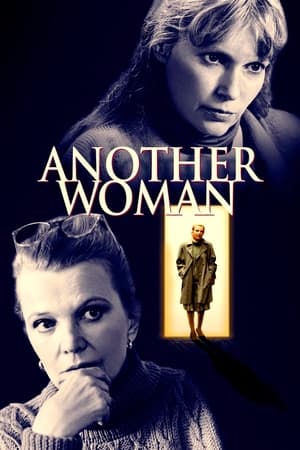 6.8
6.8Another Woman(en)
Marion is a woman who has learned to shield herself from her emotions. She rents an apartment to work undisturbed on her new book, but by some acoustic anomaly she can hear all that is said in the next apartment in which a psychiatrist holds his office. When she hears a young woman tell that she finds it harder and harder to bear her life, Marion starts to reflect on her own life. After a series of events she comes to understand how her unemotional attitude towards the people around her affected them and herself.
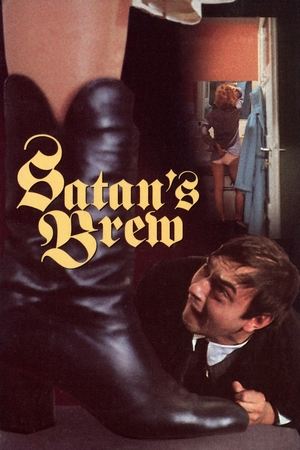 6.4
6.4Satan’s Brew(de)
A famous poet who hasn't written a word in two years unconsciously plagiarizes the work of Stefan George, while dealing with several mistresses, his dim-witted brother, and a murder investigation.
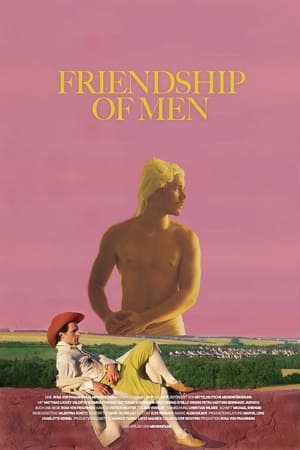 5.5
5.5Friendship of Men(de)
In this docudrama Rosa von Praunheim looks into Johann Wolfgang von Goethe’s sexual orientation, especially into his erotic experiences during his travels in Italy. Contrary to the common belief, von Praunheim argues that Goethe was not a heartbreaker and conqueror after all. It was only in Italy, that he had diverse sexual experiences, not least with men. Von Praunheim bases his assumption on letters written by Goethe to his friend Friedrich Heinrich Jacobi about these sexual encounters. Some of the content of these letters is re-encated in the film. At the same time, historians and linguists analyse and classify the letters into their historical context.
 6.0
6.0Ich will dich – Begegnungen mit Hilde Domin(de)
Anna Ditges accompanied Hilde Domin with her camera during the last two years of her life and in this way created a portrait of the artist - just as she experienced her: sensitive, brusque and headstrong, an egocentric with a biting sense of humor, lots of charm and increasingly affectionate towards the tenacious young woman with the camera. Hilde Domin (born 1909) tells the filmmaker, almost 70 years her junior, with great openness about her childhood in Cologne, 22 years in exile, her return to Germany, her late career as a poet, her great love for her late husband Erwin and her loneliness in old age.
Grüße aus Sarmatien für den Dichter Johannes Bobrowski(de)
Volker Koepp's video essay honoring the German poet Johannes Bobrowski (1917–1965).
Leier und Schwert(de)
Atmospheric image from the Wars of Liberation. The poet Theodor Körner, who was later killed in battle, is shown reciting a poem while the soldiers listen with emotion.
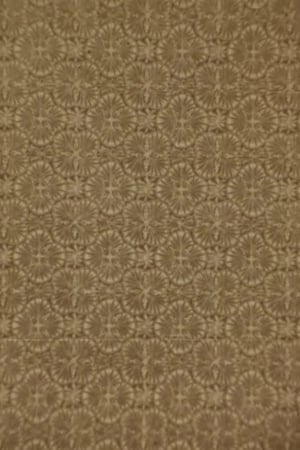 10.0
10.0Engel und Puppe(it)
Engel und Puppe is the first film by Italian filmmaker and writer Ellis Donda. Screened at Oberhausen in 1975, Engel und Puppe is a political adaptation of some lines from Rilke's Duino Elegies, featuring the French poet Jacqueline Risset and a young Rossella Or (soon to become an avant-garde theatre actress).

